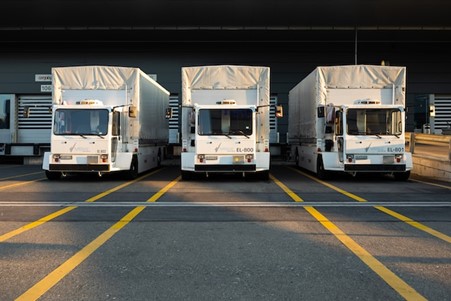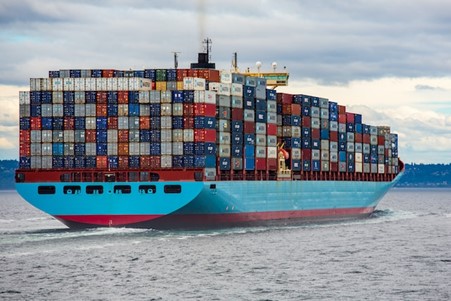Nick Ergle is a logistics professional with many years of experience in the industry, who has seen first-hand the impact these challenges have on the global economy. In the following article, Nick Ergle discusses the current issues in the sector, such as supply chain restructuring, Shopify layoffs, the bankruptcy of Bed, Bath and Beyond, and more.
In many ways, the logistics industry is the spinal column of society, facilitating trade activities through transportation, storage, and delivery of goods through supply chain networks. Without it, the world would be an utterly different place. But its very nature means constant changes to keep up with.
And recent times have been no different. From Shopify selling its logistics business to the reshaping of supply chain networks to rising import rates, the industry has experienced a whirlwind of adaptations as of late.
Shopify Sells Logistics Business While Laying Off One-Fifth of Its Workforce
Nick Ergle reports that Flexport has confirmed its purchase of Shopify’s logistics-fulfillment operations, including the States-based eCommerce platform, Deliverr. The freight company has purportedly made this move to compete with the giant Amazon for retailer business.
And that isn’t all Shopify has relinquished recently; it’s selling the warehouse robotics operation, 6 River Systems, to the Ocado Group, a UK-based automated grocery-fulfillment specialist.
Upon selling the operations, Nick Ergle explains that Shopify announced it will lay off around one-fifth of its workforce after gaining physical-delivery business traction proved challenging.
Shopify’s chief executive said they are changing the shape of the business considerably to prioritize paying unconditional attention to their mission.
Thankfully, it isn’t all bad news for the workforce — some employees are reportedly moving to Ocado and Flexport. However, the Canada-headquartered company is yet to release the number of laid-off employees versus those who’ve transitioned.
Both transactions mark the end of Shopify’s attempt to establish its own fulfillment operation in conjunction with the eCommerce sales-tech platform it provides.
Urgency Prior to Peak Importing Season for Reversing Rate Slides
Nick Ergle says that container lines are scrambling to reverse a long-term rate slide before the peak importing season from Asia to the United States of America. According to Xeneta, a transport data firm, the average price of shipping a 40-foot container from Asia to the US rose 34% ($425) over the past 14 days.
While the rate is well below the average price from 12 months ago, it signifies that the devastating price declines that began halfway through last year have finally come to an end.
In early April 2023, numerous ocean carriers instructed a general rate increase of approximately $600 per container on the trans-Pacific trade line. And the data provided by Xeneta and other data firms show customers are seemingly willing to pay these raised costs.
That said, Nick Ergle reports that some freight moguls are displaying caution about the potential for a rebound during the final half of the year due to the US economy still suffering amid hiking interest and inflation. Thus, it’s unsurprising that ocean carriers are alarmed.

Bed Bath & Beyond Seek Millions from Shipping Companies
Bed Bath & Beyond, the bankrupt retail, is looking for tens of millions of dollars from container shipping companies, alleging that said carriers abandoned service commitments in the midst of supply-chain turbulence to gain profits from the turmoil.
Nick Ergle says that the company filed a complaint with the US maritime regulators, stating Orient Overseas Container Line cost them $31.7 million in added freight fees, alongside lost profits and extra costs. This came mere days after the business filed for bankruptcy protection and announced its plans to wind down operations.
Yang Ming Marine Transport filed a lawsuit in Manhattan looking to prevent the retailer from moving forward with a near-identical claim for $7.8 million plus other costs. The company states Bed Bath & Beyond sought payments directly from them, but they’ve rejected the claim.
Nick Ergle explains that this dispute is just one in a long line of cases launched by importers following the disruptive pandemic period that flung transportation costs through the roof.
Supply Chains Are Reshaping for an All-New Era
The pandemic experiences and ever-evolving geopolitics are causing far-reaching, long-term changes in supply chains — from raw material sourcing to manufacturing to distributing.
Nick Ergle also explains that adaptations are occurring all over the place. India-based factories, auto-assembly operations in Mexico, ports from the US to East Africa, and Canadian mineral mines are just a handful of the organizations affected by the new supply chain era.
While the changes are numerous, the most evident is the diversification of sourcing, with many countries looking to rely less on Asia going forward.








